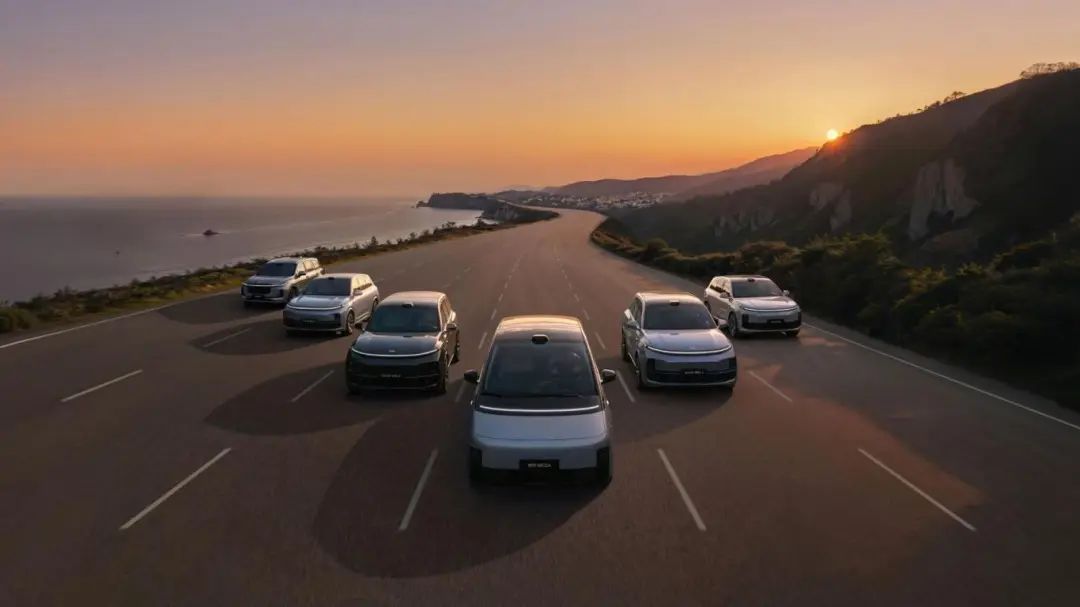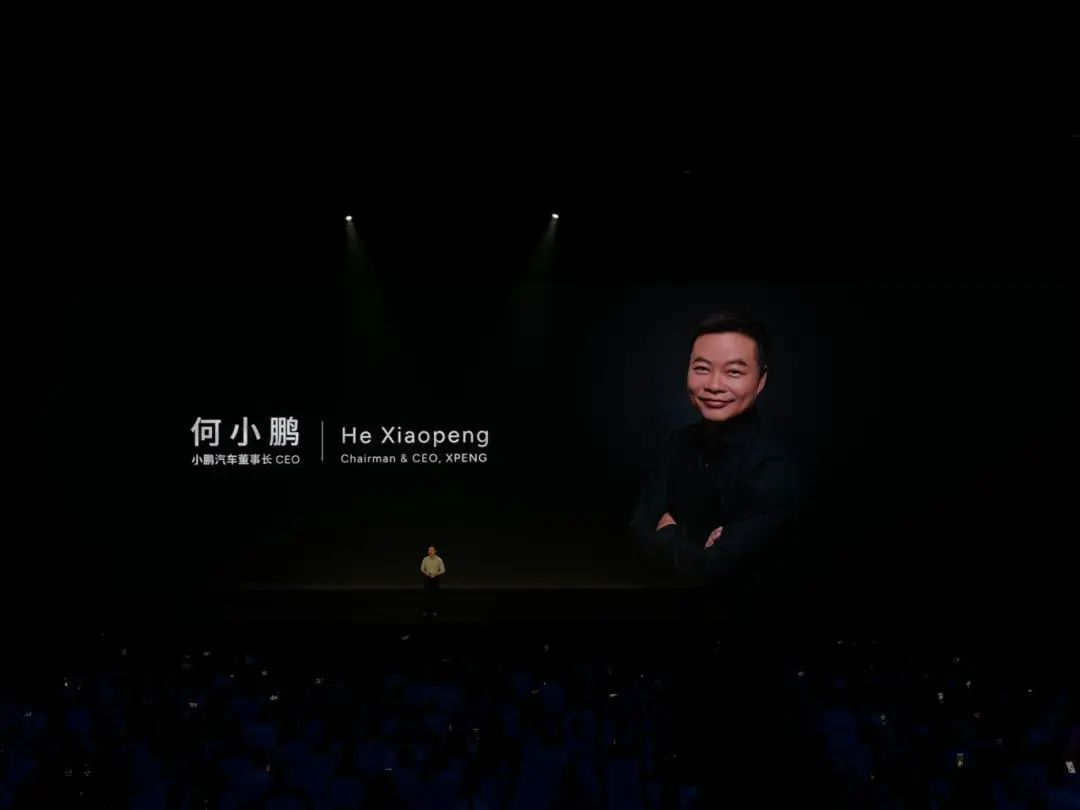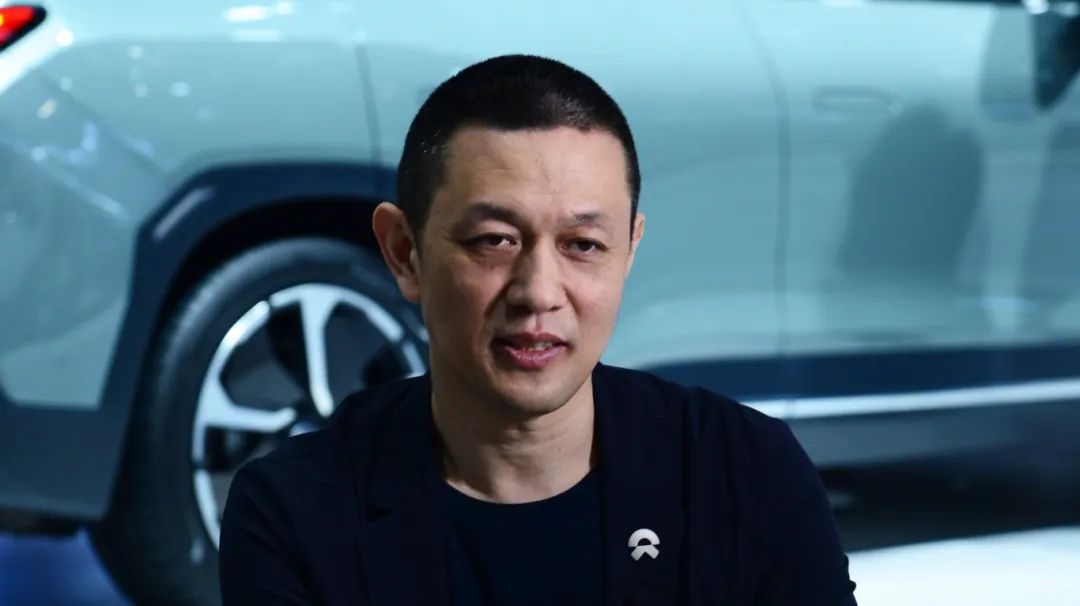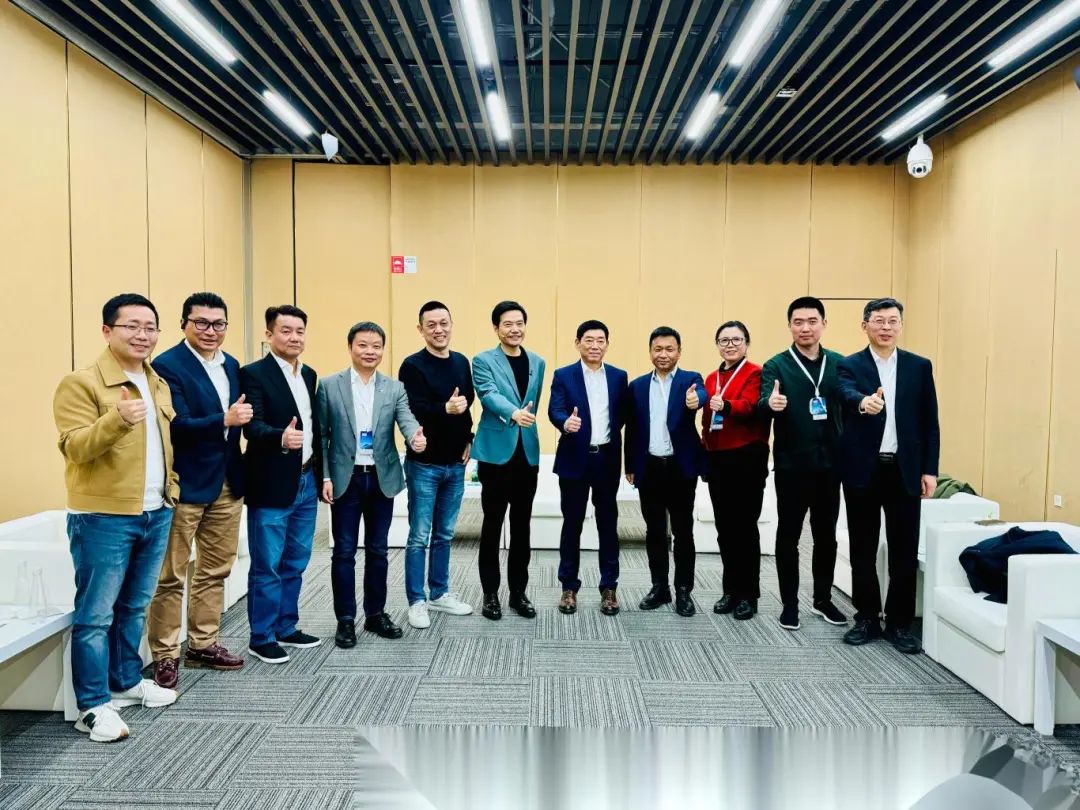The Clock is Ticking for Emerging Automakers
![]() 02/19 2025
02/19 2025
![]() 607
607
Introduction
In 2025, the true decisive battle commences.
Amidst China's fiercely competitive automotive landscape, there exists a distinctive cohort.
Their combined monthly deliveries might not rival even a single month's sales of a traditional automaker, yet they manage to capture the industry's collective attention. They are viewed as barometers of the broader market and hallmarks of the electrification transformation, with many newcomers eager to join their ranks.
By now, many of you have likely deduced who I am referring to – the emerging automakers.
Little did they realize that in January, coupled with the release of terminal performance reports, several players seemed to have encountered turbulence. While this is largely attributable to the market's adjustment phase, one thing is certain: "For them, 2025 marks the beginning of a countdown."
In essence, competition in China's auto market is poised to become increasingly fierce and relentless. With industry giants like BYD further extending their influence and technological disruptors like Huawei and Xiaomi delivering game-changing impacts, emerging automakers find themselves with limited room to maneuver amidst this siege.
In 2024, HiPhi, Nezha, and Jiyue all faced significant challenges. And in the ensuing 365 days, new names are destined to join the "elimination list."
As for who I'm referring to, you can decide for yourself.

The fundamental aim of these few hundred words is to convey a sense of urgency to this group amidst the ongoing decisive battle. I urge everyone to abandon unrealistic fantasies, shed their burdens, and fight with a steadfast determination to survive. After all, failing to thrive or demonstrate improvement by 2025 will truly spell the end of opportunities.
Recently, two events within the emerging automakers' camp have particularly caught my attention.
First, there was the viral interview with He Xiaopeng, the leader of Xpeng. It must be acknowledged that after a prolonged period of dormancy and reinvention, the brand has staged a remarkable comeback with the popularity of MONA M03 and P7+.
'The chairman can be a good person, but the CEO cannot.'
'A company must generate revenue before it can spend, not rely solely on fundraising.'
'It took me nine months to realize this. My subordinates were constantly misleading me, and I couldn't see through it.'

The above excerpts encapsulate He Xiaopeng's most memorable responses. Without exaggeration, they also represent the most significant changes I've witnessed in him.
In fact, after thoroughly reading the interview, the spontaneous feelings that emerged in my heart centered around this: 'For any emerging automaker, the recipe for success boils down to seizing the right moment, leveraging favorable conditions, and fostering strong teamwork.'
That is, firmly grasping every opportunity presented by the market without squandering any hard-earned chances; internally, ensuring top-down alignment, error correction, and development across product, R&D, marketing, sales, and service; and ultimately, having a hands-on leader who knows how to utilize personnel wisely, leads by example, and fosters a unified team with shared values...
However, this is easier said than done. As an observer, perhaps I've become accustomed to witnessing too many emerging automakers in China's auto market falter due to various deviations and mistakes. I've seen them rise, entertain, and then collapse.
Tragic scenes unfold repeatedly, with few adhering to the formula for success.

Following this, the second event is the sharing by Li Bin, the leader of NIO, at a recent internal meeting. Specifically, he outlined three key goals for 2025: sales reaching 440,000 units, striving for quarterly profitability in Q4, and continuing to build systematic capabilities.
To achieve these goals, in addition to continuing the Cost Mining efforts that have been ongoing since 2024 and focusing on sales in the first six months of new vehicle launches, it's reported that Li Bin has also established a CBU (Cost Business Unit) within the company.
Each major department now has a dedicated cost settlement center to calculate the expenses incurred or anticipated for various projects.
What I infer from this is that emerging automakers must indeed learn to 'save money.' Especially in an era where the capital market is becoming increasingly indifferent, remember that it's always about reducing expenditures before increasing revenue.
At the same time, for NIO, which was established in 2014, I also want to say: 'In ten years, a seed can grow from germination to maturity and then to lushness, and a baby can grow from infancy to toddlerhood and then to running. But it seems like you still haven't fully proven yourself in China's auto market, often caught in the vortex of public opinion, doubts, and criticisms.'
This is no exaggeration. 2025 will be a crucial battle for NIO to usher in a 'corporate turning point.' Unsatisfactory results are unacceptable.

By year's end, if NIO fails to achieve a resounding victory that boosts morale and undergo a comprehensive transformation across multiple dimensions, its future will become increasingly uncertain.
A similar principle applies to all the protagonists discussed in this article. The time for continued profligacy and waste is truly running out.
Currently, most emerging automakers are gradually walking onto a "one-way bridge" with no turning back. The choices before them are stark: fall into the abyss or courageously press forward.
The underlying reason for this is that once the fleeting glamour and bubbles fade, the automotive industry ultimately needs to return to the essence of having hit products, economies of scale, cost control, and virtuous cycles. Unfortunately, most emerging automakers have yet to deeply grasp the significance of these points.
Furthermore, some readers may wonder why, as 2025 begins, AI large models, humanoid robots, including last year's popular end-to-end advanced intelligent driving, and even flying cars have once again become battlegrounds that certain brands among today's protagonists are relentlessly exploring.
Upon reflection, the answer points directly to this: 'Traditional automotive businesses are becoming increasingly uninteresting and challenging to navigate. To uphold high valuations, one must constantly devise new grand schemes.'







